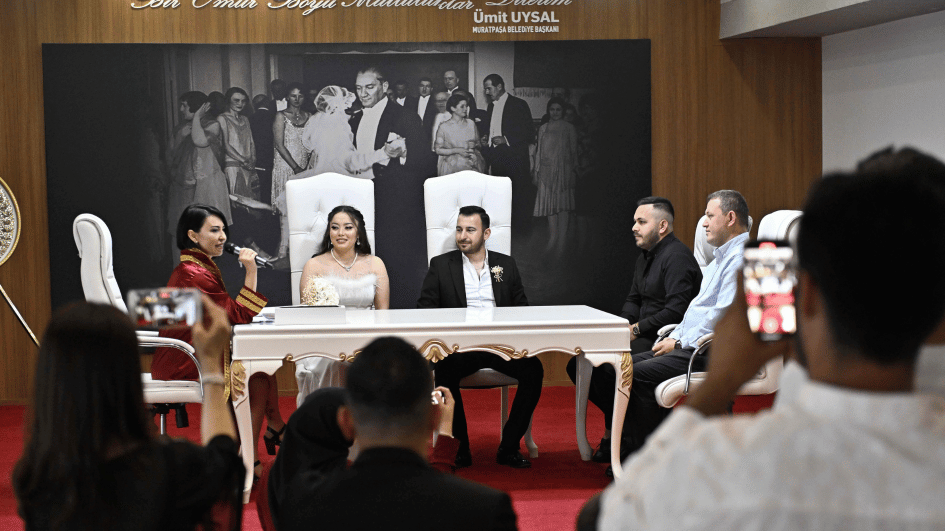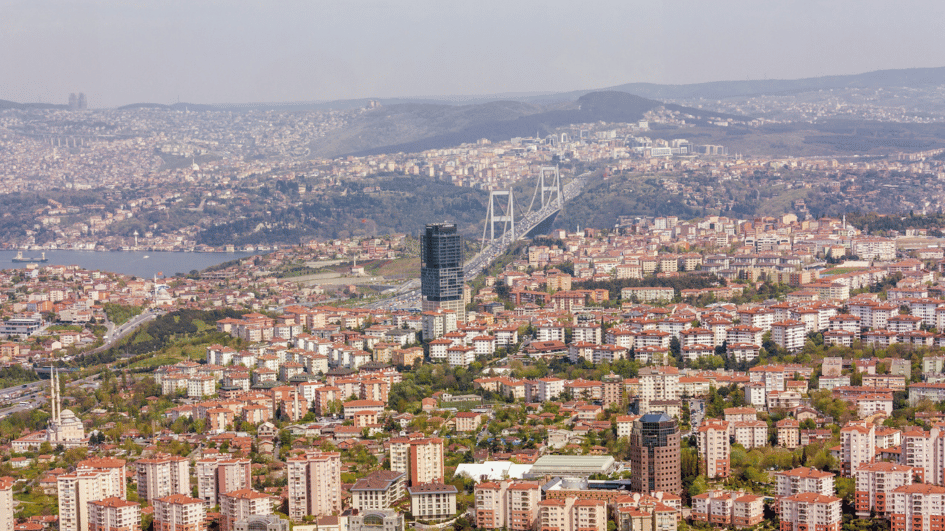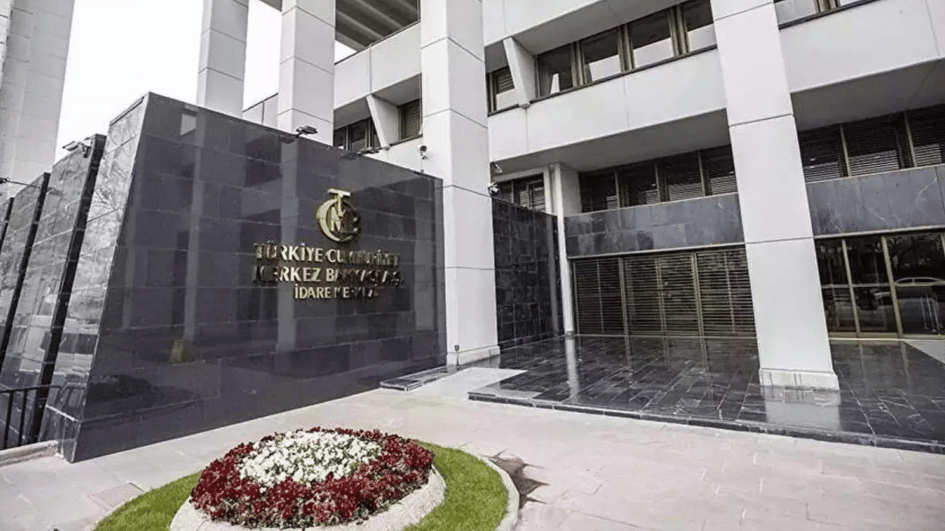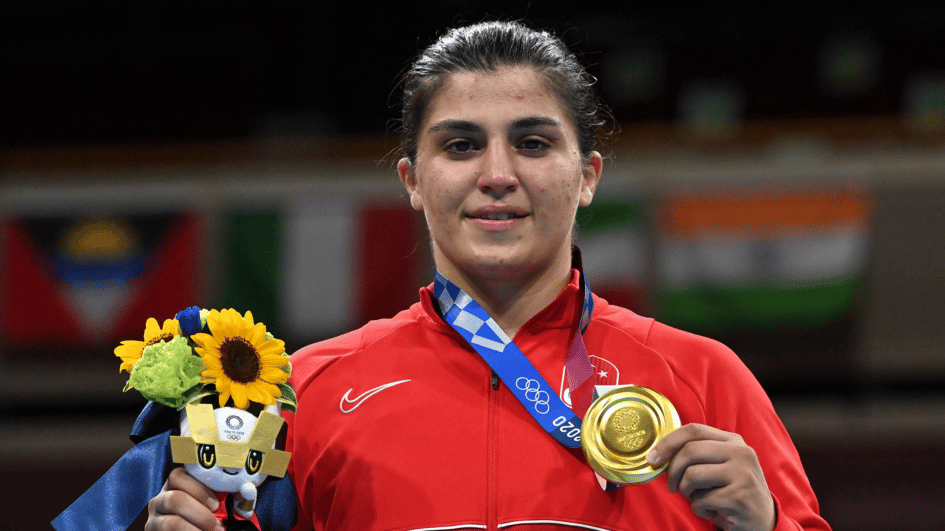EU should give an ear to NATO chief on Turkey
EU leaders will meet on Dec. 10 and 11 to discuss some very important issues on their agenda, including future ties with Turkey. The foreign ministers of the 27 member countries concluded on Dec. 7 that they should issue a response to Turkey’s unilateral actions in the eastern Mediterranean but left the details on the measures to their leaders.
It’s crystal clear that Turkey’s relationship with its European partners, most of whom are allies in NATO, is passing through dire straits. The problems are multiple and stem from deep differences in the parties’ approaches to various regional conflicts. But deeper than that is a growing mutual distrust. Any punitive action taken by Brussels would only add more distrust and further complicate the existing problems.
Take the eastern Mediterranean tension: A Turkey under sanctions would likely be more decisive in its hydrocarbon activities and dispatch more exploration vessels and drilling ships to the contested areas. What would the European Union do then? Send a fleet to push back those vessels, which would be escorted by Turkish naval forces themselves?
That’s why the content, language and tone of the EU Council’s statement on Turkey this week should be drafted in a very careful way to avoid a fresh escalation in the neighborhood. Severe sanctions to hit the Turkish economy and its banking system, as voiced by some members, would be the worst thing the bloc could do, as that would hit the Turkish people.
Germany and its chancellor, Angela Merkel, will play a great role on how to engineer ties with Turkey in the coming period. There is a certain level of disappointment in Berlin about the course of developments in the past two months, but what differentiates Germany from the others is its ability to view issues through a long-term and strategic lens.
The very same strategic approach can be found at NATO headquarters. EU leaders should give an ear to what NATO Secretary-General Jens Stoltenberg says about ties with Turkey. In an interview with Politico on Dec. 7, Stoltenberg answered a question on concerns about Turkey’s stances in different conflict areas, such as Syria, Libya, the eastern Mediterranean and Nagorno-Karabakh.
“I know there are concerns expressed by some allies on different issues. I have expressed concerns myself, for instance, on the consequences of the Turkish decision to acquire S-400, Russian missile defense systems, the situation in the eastern Mediterranean, Syria and other issues. Of course, I have expressed them in my meetings in Ankara,” the NATO chief said.
“At the same time, Turkey is an important ally, partly because they border Iraq and Syria. And in the fight against terrorism, [DAESH], they have been extremely important by providing infrastructure and bases for the gains we have made in the fight against ISIS. Turkey hosts more refugees than any other NATO ally, roughly 4 million. And no other ally suffered more terrorist attacks than Turkey.”
Then he voices his advice to NATO leaders, many of whom also have a seat at the European Union. “So, I think, we all need to find a balance between raising the real concerns we see among NATO allies and at the same time making sure that we stick together. That is exactly what I am trying to do. I am also trying to look for positive approaches.”
He also gave the example of how he tried to reduce tension between Turkey and Greece by launching a de-confliction mechanism under NATO auspices. As rightly suggested by the NATO chief, EU leaders should adopt a balanced approach to Turkey and avoid dealing an irreparable blow to ties.











